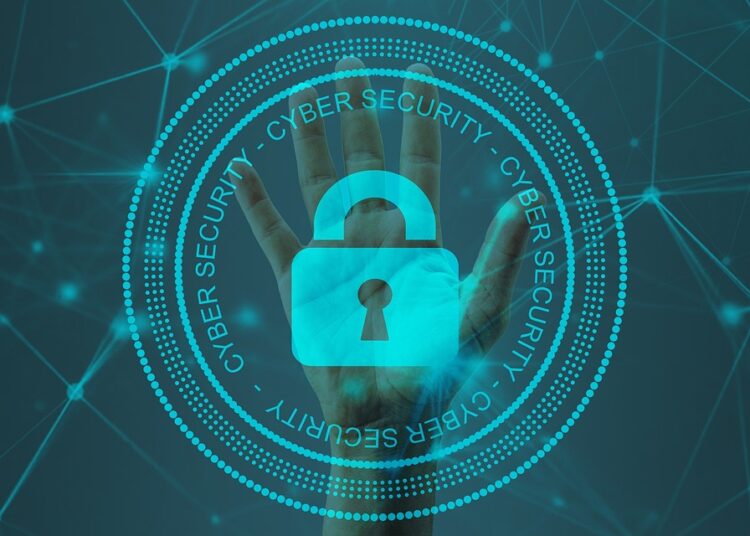Ransomware attacks have been on the rise in recent years, causing widespread disruption and financial losses for businesses of all sizes. These cyber attacks involve hackers encrypting a company’s data and demanding a ransom in exchange for the decryption key. This can leave businesses in a difficult situation, as they are forced to decide whether to pay the ransom or attempt to recover their data through other means.
One of the key considerations for businesses facing a ransomware attack is the financial impact of making a payment. While the cost of the ransom itself is a significant factor, there are also other expenses to consider. For example, businesses may need to hire forensic experts to assess the extent of the attack, invest in cybersecurity measures to prevent future incidents, and potentially face legal fees if the attack results in litigation.
Additionally, there is the risk of reputational damage that can potentially harm a company’s bottom line. If customers lose trust in a business’s ability to protect their data, they may take their business elsewhere, leading to a loss of revenue and long-term damage to the company’s brand.
Despite these challenges, some businesses may feel that paying the ransom is the most cost-effective option in the short term. However, this can create a dangerous cycle, as hackers may see the company as an easy target and continue to launch future attacks. It’s important for businesses to weigh the potential financial impact of paying the ransom against the long-term costs of strengthening their cybersecurity defenses and investing in preventative measures.
In recent years, ransomware payments have also come under increased scrutiny from regulatory bodies and law enforcement agencies. Some governments have even taken steps to discourage businesses from paying ransoms, as this can fund criminal activities and further incentivize cyber attacks.
Ultimately, the financial impact of ransomware payments on businesses can vary depending on the size of the company, the nature of the attack, and the extent of the damage. It’s important for businesses to take proactive steps to protect their data and prevent ransomware attacks from occurring in the first place. This can include investing in robust cybersecurity measures, training employees on best practices for data protection, and regularly backing up important data.
By taking these steps, businesses can reduce their vulnerability to ransomware attacks and minimize the potential financial impact of a cyber incident. While it may be tempting to pay the ransom in the moment, businesses must consider the long-term consequences and make decisions that prioritize the security and resilience of their operations.







